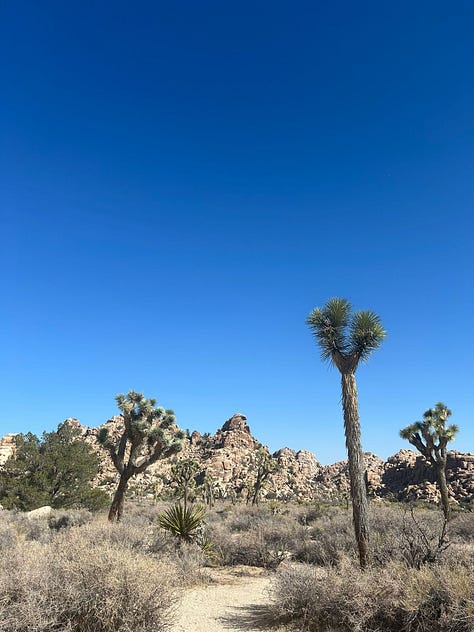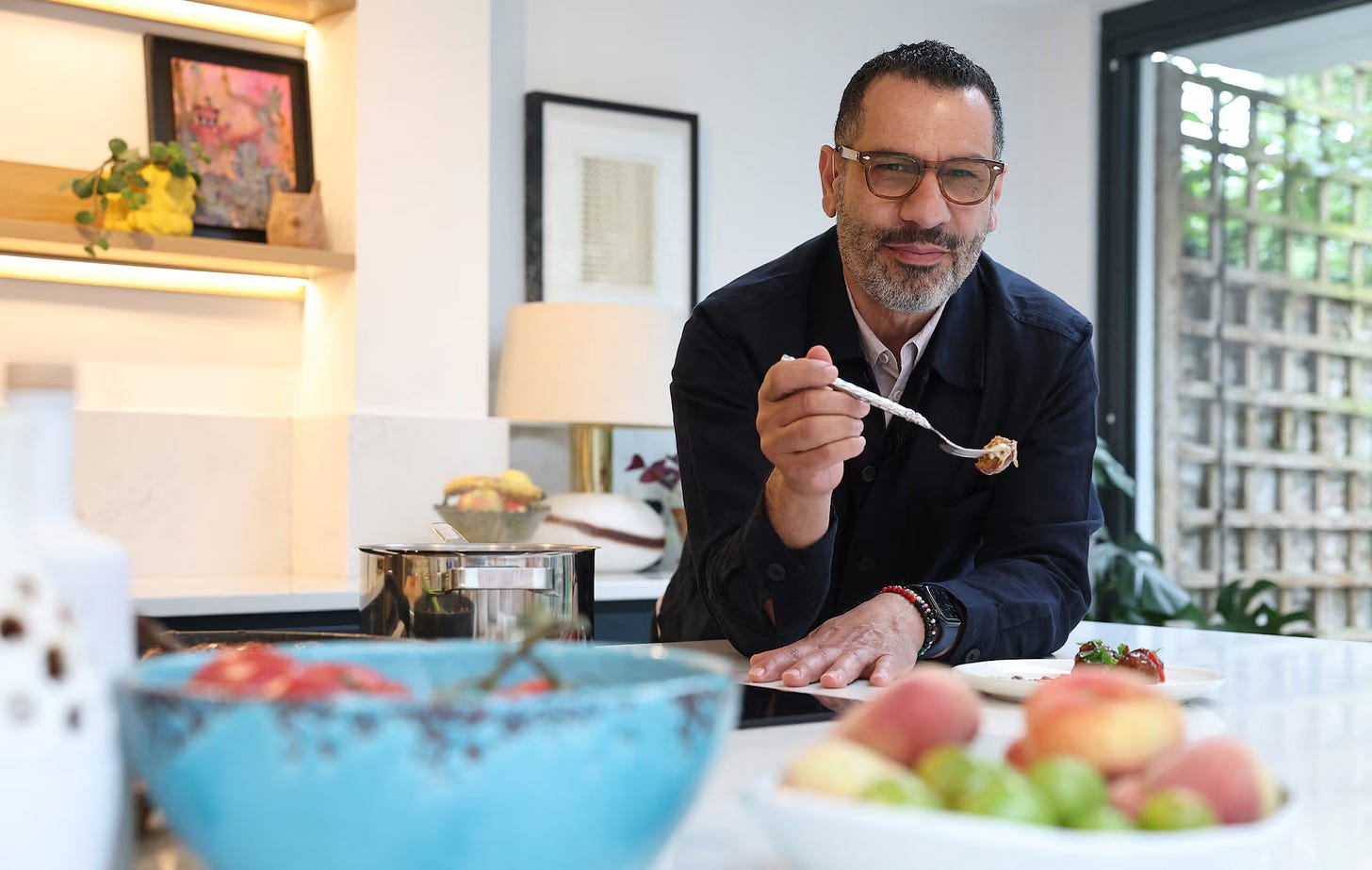Hello, and happy Friday!
This correspondence took a bit of an unplanned sabbatical, but we’re back — and this time with some exciting news.
We launched two brand new digital features at Reuters this week: The first, Culture Current, is a weekly Q&A series featuring key voices in the world of arts and culture — writers, artists, filmmakers, chefs, actors — exploring the intersection of their craft and the news. Kicking this series off is my conversation with renowned chef Sami Tamimi on Palestinian cooking and cultural preservation amid the destruction in Gaza.
The second is a new weekly column called Inside Track, your all-access pass to the weekend in sports, expertly led by Reuters’ global sports editor Ossian Shine. Consider the first edition your essential primer on all things Wimbledon, the FIFA Club World Cup, Formula One, and more.
And that’s not all we have cooking in the digital features space. Stay tuned!
What I’ve written
For the first edition of Culture Current, I spoke with Palestinian chef Sami Tamimi about his new cookbook Boustany (“My Garden” in Arabic), adapting Palestinian dishes for today’s world, and why honoring their roots still matters — particularly amid the ongoing destruction in Gaza. You can read for the full Q&A here.
Were you always drawn to Palestinian food, specifically?
From a young age, I wanted to learn other cuisines. Later, when I moved to Tel Aviv, I realized that the food that was important to me is Palestinian food. But I didn’t want to do traditional Palestinian food because, first of all, it takes hours to make. And there’s no market for it. It sounds horrible, but when you do traditional food like this in a restaurant, it’s a bit like peasant food. People don’t appreciate it.
I worked in a Californian grill place in Tel Aviv for a few years and I started to combine bases of Palestinian food into new ingredients. And it worked. It was fun because I could stay true to a dish but kind of elaborate on it, and this became my style. I want to think that if Israel didn’t occupy Palestine, Palestinian food would be evolving into something that I do today.
What I’ve read
This interview with Mahmoud Khalil, the pro-Palestinian activist detained by the Trump administration for 100+ days, who was recently released on bail:
“All the ‘Know Your Rights’ information and fliers I read and familiarized myself with were useless,” Mr. Khalil said. “There are no rights in such situations.”
“It felt like kidnapping,” he said.
This profile on Senator Chris Murphy and what he’s learned from the new right:
Why is a standard-issue Northeast progressive who parts his hair so neatly and has worked in politics his entire life suddenly talking like a would-be class warrior? Over the past three years, Murphy has been on an intellectual journey, influenced as much by the Trumpist right as by the Sanders left. He has come to think that the Democratic Party can regain working-class support only by calling out the powerful corporate villains who he believes are to blame for the country’s problems.
This piece on how AI is homogenizing our thoughts:
A.I. is a technology of averages: large language models are trained to spot patterns across vast tracts of data; the answers they produce tend toward consensus, both in the quality of the writing, which is often riddled with clichés and banalities, and in the calibre of the ideas. Other, older technologies have aided and perhaps enfeebled writers, of course—one could say the same about, say, SparkNotes or a computer keyboard. But with A.I. we’re so thoroughly able to outsource our thinking that it makes us more average, too.
What I’m thinking about
Earlier this month, I made my way back to California to celebrate my brother’s high school graduation before embarking on a road trip through Joshua Tree, Sequoia, and Yosemite national parks. In short: It was glorious.



As a friend recently put it: “Yasmeen, you’re realizing that you accidentally grew up in paradise.” She’s not wrong.
Until next time,
Yasmeen





